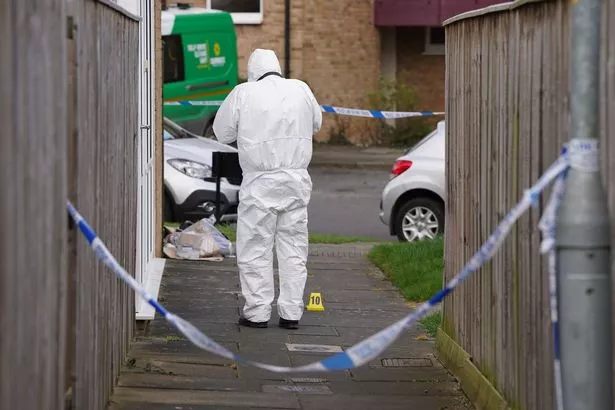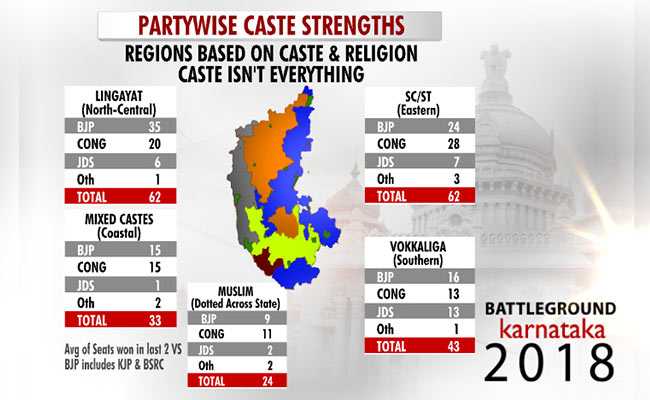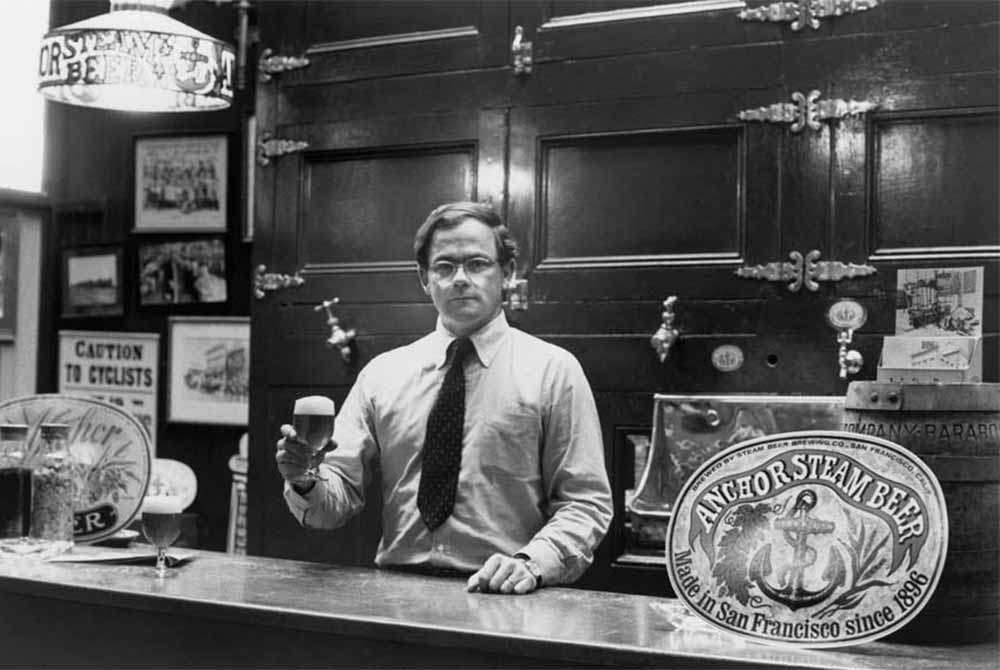WGA And SAG-AFTRA Strike: A Complete Shutdown Of Hollywood

Table of Contents
The WGA Strike: Key Demands and Impacts
The WGA strike, which began in May 2023, centers on several key demands aimed at addressing the changing landscape of the entertainment industry. The rise of streaming platforms has significantly altered how writers are compensated. Traditional residuals, once a vital source of income for writers, have dwindled in the streaming era, leaving many struggling to make ends meet. The WGA is fighting for a fairer system that reflects the value of their work in this new environment.
The impact of the WGA strike is already being felt across the industry. Production on numerous television shows and films has been delayed, leading to potential script shortages and a significant backlog for future releases. The strike also affects post-production work, meaning even projects already filmed may face delays.
- Minimum staffing levels on productions: The WGA seeks to prevent the exploitation of writers through understaffing.
- Increased residuals for streaming platforms: Fairer compensation for writers' work on streaming services is a top priority.
- Regulations regarding the use of AI in writing: The union is seeking to establish safeguards against the misuse of AI in scriptwriting, ensuring human writers' jobs aren't threatened.
- Improved health and pension plans: The WGA is advocating for better benefits for its members.
The SAG-AFTRA Strike: Actors Join the Fight
SAG-AFTRA joined the picket lines in July 2023, solidifying the near-complete shutdown of Hollywood. Their concerns mirror those of the WGA, encompassing fair wages, residuals, and the ethical implications of AI in the industry. Actors are particularly concerned about the use of AI to create digital replicas of their performances, potentially devaluing their work and eliminating future employment opportunities. The strike has brought filming to a standstill, impacting not only productions themselves but also promotional activities and award shows.
The SAG-AFTRA strike brings a critical additional layer to the fight. Actors, the faces of Hollywood, are directly impacting the visibility of the ongoing issues.
- Fair compensation for streaming content: Similar to writers, actors are demanding fairer payment for their work on streaming platforms.
- Protection against AI-generated performances: The union is fighting to prevent the unauthorized use of actors' likenesses and performances through AI.
- Self-tape regulations and compensation: Actors seek better compensation and working conditions for self-taped auditions, a practice increasingly common in the industry.
- Improvements to health and pension plans: SAG-AFTRA members also seek better health and pension benefits.
The Ripple Effect: Economic and Cultural Consequences of the Hollywood Strike
The Hollywood strike isn't just affecting actors and writers; its impact ripples through the entire entertainment ecosystem. Thousands of individuals working in related industries – from caterers and transportation workers to post-production editors and marketing teams – are experiencing job losses or reduced work hours. The economic consequences are far-reaching, extending beyond the immediate participants in the strike.
Culturally, the strike is already altering the entertainment landscape. Film and television releases are being delayed, impacting the movie-going experience and the flow of new content on streaming platforms. Award season is also facing disruption, with potential changes to timelines and ceremonies.
- Job losses across related industries: The strike has a domino effect on many industries supporting Hollywood productions.
- Delayed film and TV releases: The pipeline of new content is significantly impacted, leading to a drought of fresh material.
- Impact on awards season: Award show ceremonies and nominations may be affected by delays in production and release schedules.
- Potential long-term changes to industry practices: The strike could catalyze long-overdue changes to labor practices and compensation models.
Potential Resolutions and Future of the Hollywood Strike
Resolving the strike requires significant concessions from both the studios and the unions. Potential negotiation points include improved residual models for streaming content, clearer regulations on the use of AI, and better protections for actors' likenesses. The long-term implications for the industry could include significant changes in labor practices and the adoption of fairer compensation models for the digital age.
The outcome of this strike will set a precedent for the future of the entertainment industry. The widespread use of AI and the changing dynamics of streaming could lead to further similar disputes in the future.
- Potential negotiation points between studios and unions: Finding common ground on residuals, AI usage, and benefits is crucial for a resolution.
- Long-term impact on industry labor relations: The strike will redefine the relationship between studios and labor unions for years to come.
- The future of AI in entertainment: The strike is forcing a crucial conversation about the role of AI in creative industries.
- The possibility of similar strikes in the future: This strike might be a precursor to further labor actions as the industry continues to evolve.
Conclusion: Understanding the Ongoing Hollywood Strike and What's Next
The WGA and SAG-AFTRA strikes represent a critical moment for Hollywood. The unions' demands for fair wages, residuals, and AI regulations reflect the changing realities of the entertainment industry. The joint strike's impact is far-reaching, causing economic hardship and altering the cultural landscape. The long-term consequences will depend on the outcome of the negotiations, but it's clear that the future of Hollywood will be shaped by this unprecedented shutdown. Stay informed about the WGA and SAG-AFTRA strike and its ongoing developments. Follow reputable news sources for updates on the negotiations and potential resolutions to this major Hollywood shutdown. Learn more about the actors' and writers' strike and its impact on the industry by visiting [link to relevant resource].

Featured Posts
-
 Actor Jack O Connell A Deeper Look At His Reverso Watch
Apr 25, 2025
Actor Jack O Connell A Deeper Look At His Reverso Watch
Apr 25, 2025 -
 Thornabys Blackbush Walk Csi On Scene Area Secured
Apr 25, 2025
Thornabys Blackbush Walk Csi On Scene Area Secured
Apr 25, 2025 -
 Canadas Election And The Trump Factor An Analysis
Apr 25, 2025
Canadas Election And The Trump Factor An Analysis
Apr 25, 2025 -
 Places To Visit In The North East This Easter Holiday
Apr 25, 2025
Places To Visit In The North East This Easter Holiday
Apr 25, 2025 -
 Anchor Brewing Companys Closure 127 Years Of Brewing History Concludes
Apr 25, 2025
Anchor Brewing Companys Closure 127 Years Of Brewing History Concludes
Apr 25, 2025
Latest Posts
-
 How Healthy Is Asparagus Nutritional Benefits And Health Effects
Apr 30, 2025
How Healthy Is Asparagus Nutritional Benefits And Health Effects
Apr 30, 2025 -
 The Complete Guide To Asparagus And Its Health Benefits
Apr 30, 2025
The Complete Guide To Asparagus And Its Health Benefits
Apr 30, 2025 -
 Asparagus And Health Exploring The Positive Impacts
Apr 30, 2025
Asparagus And Health Exploring The Positive Impacts
Apr 30, 2025 -
 Understanding The Nutritional Value Of Asparagus
Apr 30, 2025
Understanding The Nutritional Value Of Asparagus
Apr 30, 2025 -
 Unlocking The Health Benefits Of Asparagus
Apr 30, 2025
Unlocking The Health Benefits Of Asparagus
Apr 30, 2025
